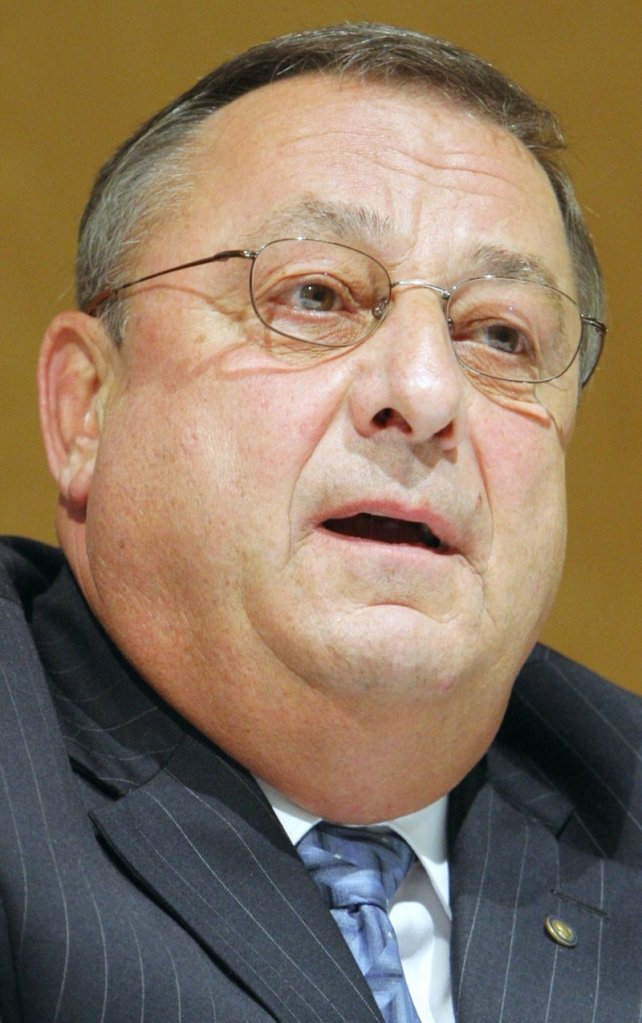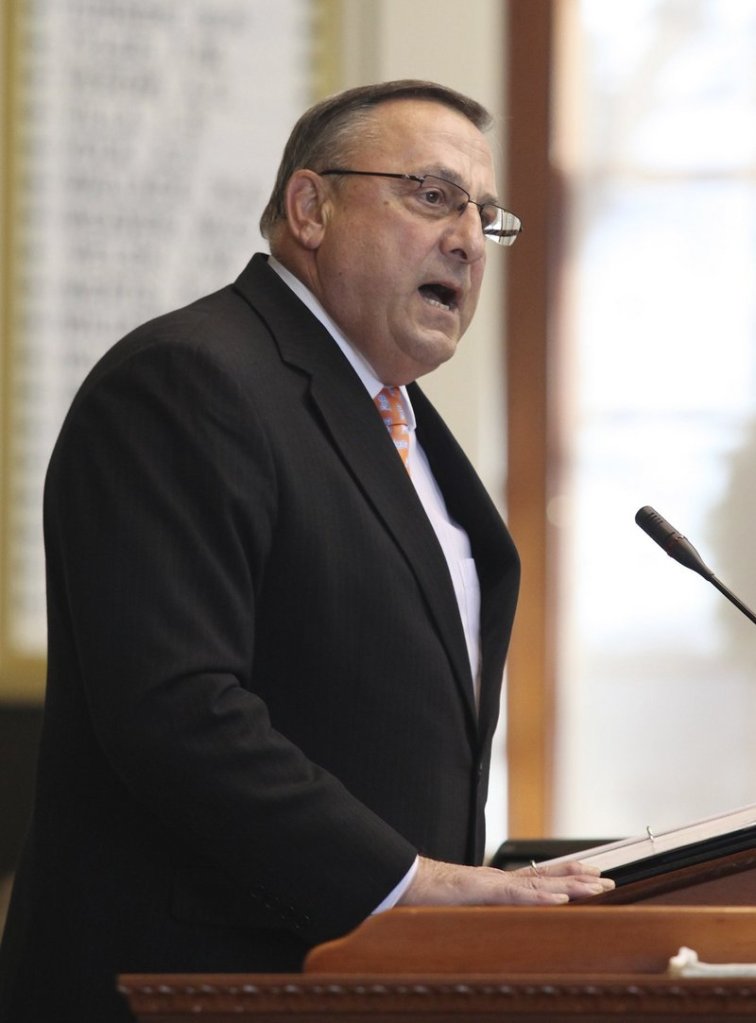BOWDOIN — I am writing in response to the governor calling double dippers “absolutely disgusting” (“
LePage lashes out at ‘double-dipping’ employees
,” Jan. 10).
I am a double dipper, since I retired from teaching and later decided to return to work as a part-time substitute, and I strongly resent what the governor is saying.
The fact of the matter is that many of the double dippers are retired teachers. Before deciding to condemn people who go back to a school and substitute or work anywhere part time after retirement, there are several factors that should be considered.
• If the money made from substituting were added to the retirement benefit, the total would be much less than I would be making if I were still a full-time teacher. There was certainly no economic advantage for me to be a double dipper.
• School systems often offer bonuses to teachers who retire as early as possible, because they can save a great deal by having a veteran teacher retire and then hiring a beginning teacher for much less. Having a veteran teacher retire can save the district thousands of dollars each year. I did not receive such an offer when I retired, but many systems offer them now.
• Changes in the retirement agreement, initiated by Gov. LePage’s administration, have changed the rules that were agreed to at the time I retired. The agreed-to cost-of-living adjustments were first eliminated for several years and then adjusted to a lower rate, based on only part of the retirement amount instead of all of it.
The result is that retired teachers find their retirement money to be worth less in real dollars than was anticipated. This has caused many retirees to work more to make ends meet.
• Teachers often prefer to have retired teachers as substitutes since they know there won’t be a significant drop-off in what the kids learn and they probably won’t have to deal with discipline problems when they return.
Wander the local schools and you will see many former teachers filling in as needed. In fact, some districts might have problems filling classes if retired teachers didn’t substitute.
• Other professionals who retire are not demonized if they decide to work part time after they retire. Many retired personnel from other professions, for example, also substitute, and I see nothing from our governor saying that is “unconscionable.” It all depends on who is doing the subbing.
• My best guess is that the majority of the 1,228 people the governor is so upset with are in the same situation I am in. We are not working full time, just continuing to work part time to help pay the bills. There may be people who went back to work full time after retiring from a public job, but we are all being lumped into one group.
If a retiree had left a public job and gone to work full time at a bank, it seems that would be all right. The real problem, in the governor’s opinion, is that they went back into the public sector.
• The number of retirees working part time or full time is large. You won’t have to look far to find retired teachers who work part time at places like L.L. Bean, but I guess those folks don’t suffer from the same “character flaw” that the governor says applies to myself and other teachers who return to the public-sector classrooms part time as substitutes.
I am tired of being considered a second-class citizen by our governor. I will never understand his feelings toward teachers and education in our state. He never seems to have any good to say about any educator.
I worked in my classroom for 35 years and dedicated my life to teaching students and have continued to work as a substitute for several years after that.
I’ll end by using Gov. LePage’s words and say that I am “absolutely disgusted” with his portrayal of former teachers like myself.
– Special to the Press Herald
Send questions/comments to the editors.





Success. Please wait for the page to reload. If the page does not reload within 5 seconds, please refresh the page.
Enter your email and password to access comments.
Hi, to comment on stories you must . This profile is in addition to your subscription and website login.
Already have a commenting profile? .
Invalid username/password.
Please check your email to confirm and complete your registration.
Only subscribers are eligible to post comments. Please subscribe or login first for digital access. Here’s why.
Use the form below to reset your password. When you've submitted your account email, we will send an email with a reset code.